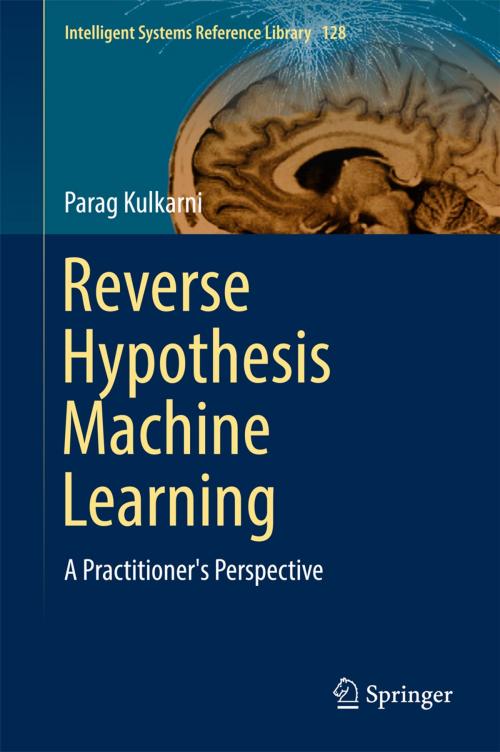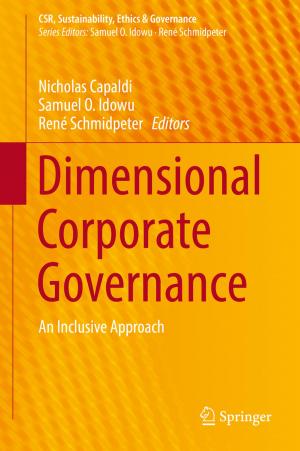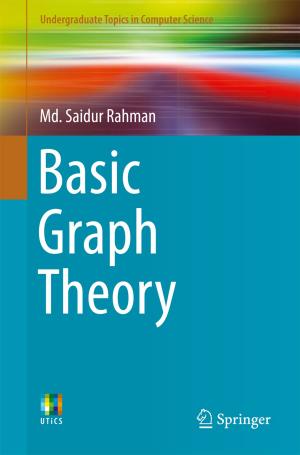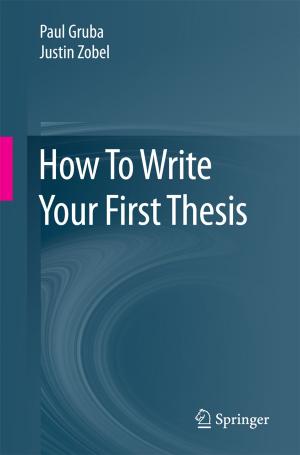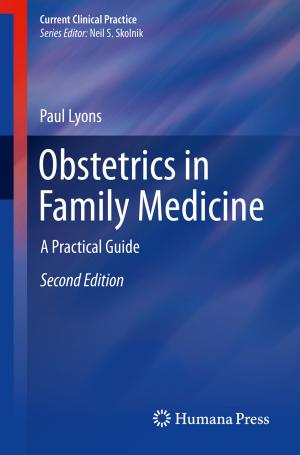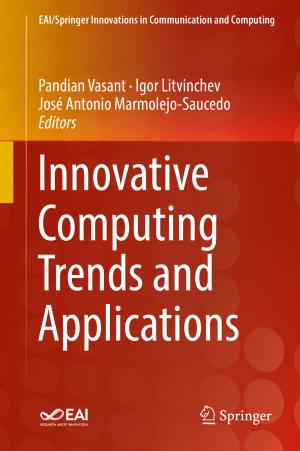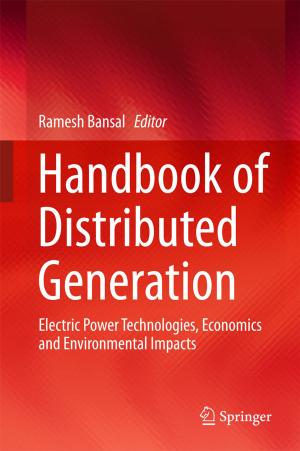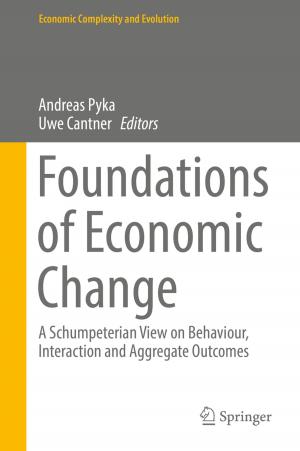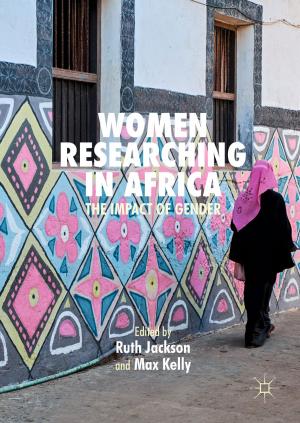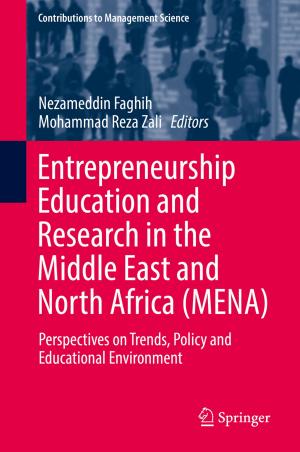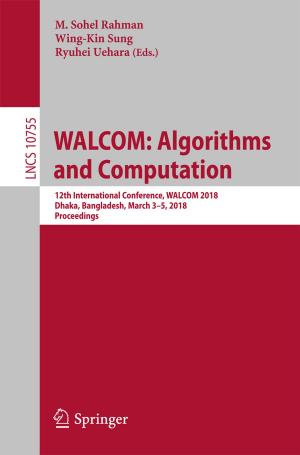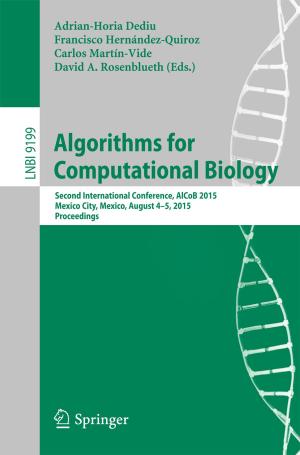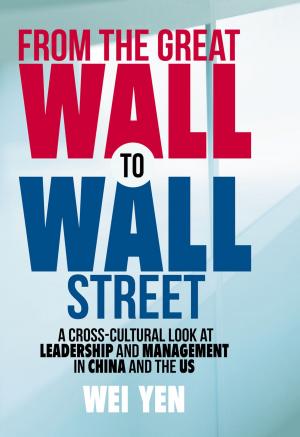Reverse Hypothesis Machine Learning
A Practitioner's Perspective
Nonfiction, Computers, Advanced Computing, Artificial Intelligence, Business & Finance, Industries & Professions, Information Management, General Computing| Author: | Parag Kulkarni | ISBN: | 9783319553122 |
| Publisher: | Springer International Publishing | Publication: | March 30, 2017 |
| Imprint: | Springer | Language: | English |
| Author: | Parag Kulkarni |
| ISBN: | 9783319553122 |
| Publisher: | Springer International Publishing |
| Publication: | March 30, 2017 |
| Imprint: | Springer |
| Language: | English |
This book introduces a paradigm of reverse hypothesis machines (RHM), focusing on knowledge innovation and machine learning. Knowledge- acquisition -based learning is constrained by large volumes of data and is time consuming. Hence Knowledge innovation based learning is the need of time. Since under-learning results in cognitive inabilities and over-learning compromises freedom, there is need for optimal machine learning. All existing learning techniques rely on mapping input and output and establishing mathematical relationships between them. Though methods change the paradigm remains the same—the forward hypothesis machine paradigm, which tries to minimize uncertainty. The RHM, on the other hand, makes use of uncertainty for creative learning. The approach uses limited data to help identify new and surprising solutions. It focuses on improving learnability, unlike traditional approaches, which focus on accuracy. The book is useful as a reference book for machine learning researchers and professionals as well as machine intelligence enthusiasts. It can also used by practitioners to develop new machine learning applications to solve problems that require creativity.
This book introduces a paradigm of reverse hypothesis machines (RHM), focusing on knowledge innovation and machine learning. Knowledge- acquisition -based learning is constrained by large volumes of data and is time consuming. Hence Knowledge innovation based learning is the need of time. Since under-learning results in cognitive inabilities and over-learning compromises freedom, there is need for optimal machine learning. All existing learning techniques rely on mapping input and output and establishing mathematical relationships between them. Though methods change the paradigm remains the same—the forward hypothesis machine paradigm, which tries to minimize uncertainty. The RHM, on the other hand, makes use of uncertainty for creative learning. The approach uses limited data to help identify new and surprising solutions. It focuses on improving learnability, unlike traditional approaches, which focus on accuracy. The book is useful as a reference book for machine learning researchers and professionals as well as machine intelligence enthusiasts. It can also used by practitioners to develop new machine learning applications to solve problems that require creativity.
